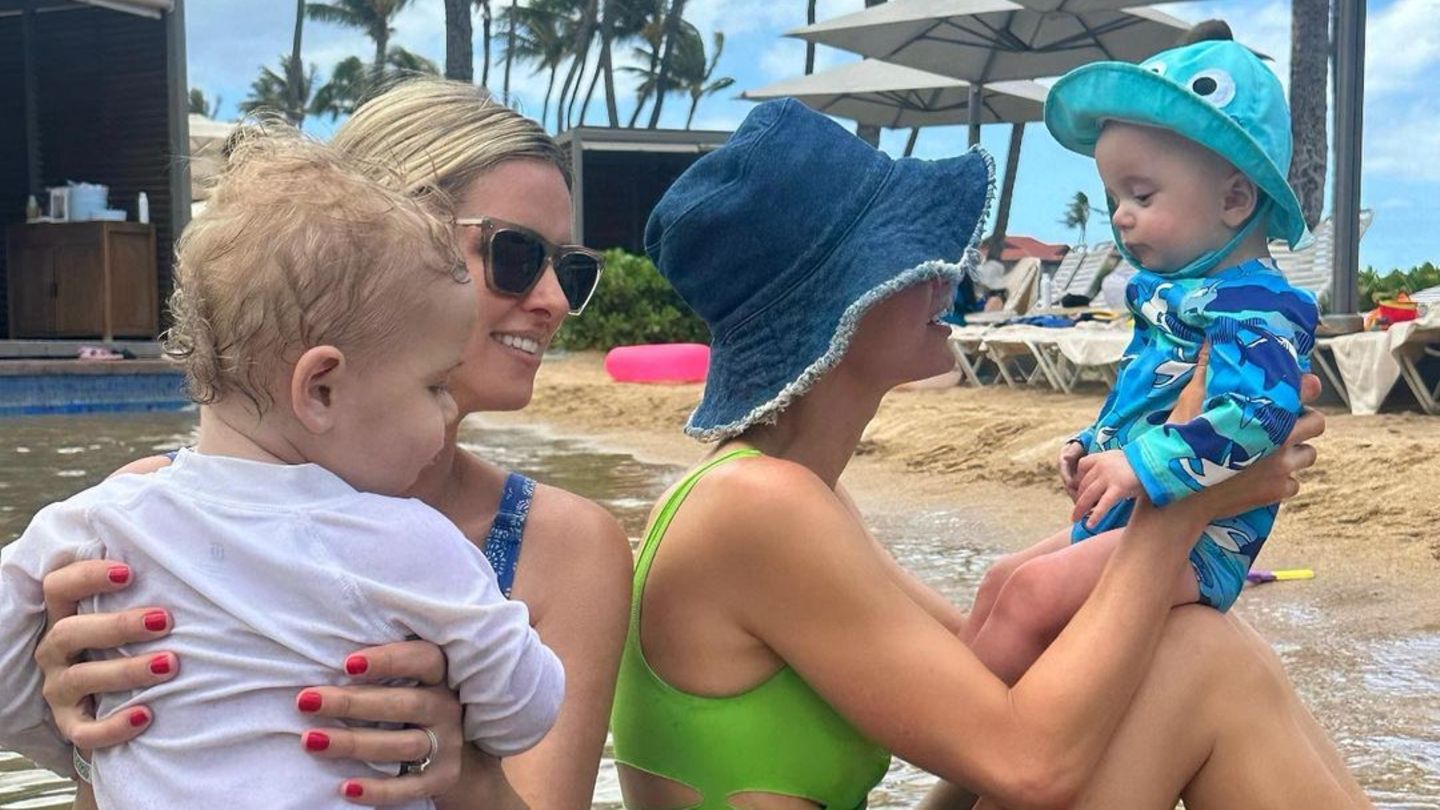Meal.
Due to the drought, mosquitoes are currently finding too few breeding grounds for their offspring. With the next rain, however, a wave could threaten.
They hatch when there is heat and water: mosquitoes. But this year the pools and ponds have almost dried up. The unloved insects will therefore find fewer breeding grounds this summer. In some places there can therefore be fewer mosquitoes in NRW, experts say.
At this time of year, the stinging insects are usually particularly common. For a long time, however, there have been no temporary bodies of water such as large puddles or pools of water in the forest, says Karl-Heinz Jelinek, an entomologist at NABU NRW. These are places where mosquitoes usually lay their brood – not many of them were left, says Jelinek.
Pools of water dry up too quickly in the heat
“Even after the thunderstorm at the weekend, it’s bone dry in some parts of the forest,” says the entomologist. Wherever pools of water form, the water quickly disappears again. Even if cloudbursts are announced in the coming days, the NABU expert suspects that many places will remain too dry for mosquitoes. In addition to warmth, what the animals need for breeding is, above all, water.
Things looked very different in late spring in May and early June, according to Jelinek. It rained a lot, which led to a lot of standing water. “We were still afraid that a mosquito plague was imminent. Now it has turned around,” says Jelinek.
There is currently no lack of natural bodies of water such as lakes and rivers, where the animals also lay their eggs. But according to Jelinek, these were not enough to develop enough offspring. “When the mosquito brood is deposited in lakes, fish often feed on it,” says the NABU spokesman for entomology.
When the rain comes, the mosquitoes hatch
However, the parasitologist Heinz Mehlhorn warns mosquito enemies not to rejoice too soon: The fact that there are fewer mosquitoes only applies in areas where there is little open water, says the professor emeritus at the Heinrich Heine University in Düsseldorf. How many of the stinging insects are in the area depends mainly on the location.
On the other hand, there will still be many mosquitoes at reservoirs and fresh water. “The animals reproduce three to four days faster in warm water,” says Mehlhorn. However, according to Mehlhorn, it is currently not possible to say where there may be increased occurrences.
However, should there be a rainy phase, there could be a large wave of mosquitoes at the current temperatures – because then the breeding conditions for the animals are ideal. The pupae could wait until the rain comes and then hatch, says Mehlhorn.
In any case, caution is required in your own home, says the parasitologist: rain barrels or watering cans with standing water could easily become nests for mosquitoes. “Water barrels should therefore be covered and buckets should be tipped out so that the animals do not have breeding grounds,” recommends Mehlhorn.
More articles from this category can be found here: Life




